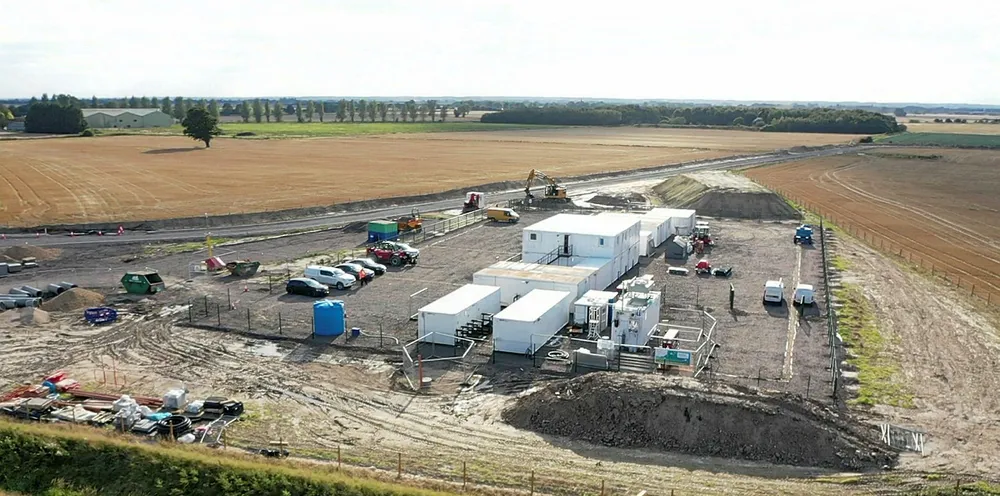'Construction world-first' as hydrogen ousts diesel to green planet's longest power-line build
Use of fuel cell to help power and heat Viking Link work shows 'viable alternative' says Siemens Energy

Use of fuel cell to help power and heat Viking Link work shows 'viable alternative' says Siemens Energy
